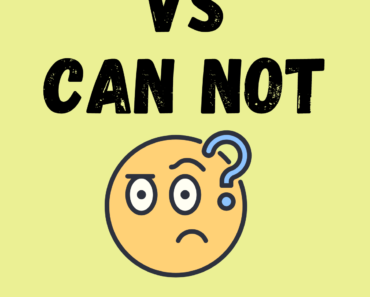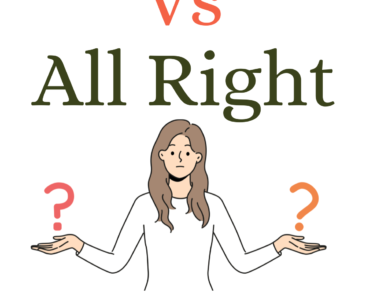While “hear” and “listen” are often used interchangeably, they are fundamentally different. Hearing is a passive and involuntary process; it happens naturally when sound waves reach your ears. On the other hand, listening is an active process that involves focusing and interpreting the sounds heard. In essence, hearing is just the reception of sound, whereas listening requires effort and attention to understand what is being conveyed.
Hear
Definition: Hearing is the ability to perceive sound through the ears. It’s a physiological process where the auditory system picks up sound waves from the environment.
Usage:
- Passive Action: Hearing happens naturally without conscious effort.
Example: “She heard the birds chirping outside her window.” - Involuntary Response: Hearing occurs even when we’re not focused on a specific sound.
Example: “He heard the alarm but chose to ignore it.” - Physical Ability: It refers to the sense of hearing as an innate human capability.
Example: “After the concert, my hearing was slightly impaired.”
Listen
Definition: Listening involves actively paying attention to sounds, often with the intent to understand or respond. It’s a conscious effort to process and interpret what is being heard.
Usage:
- Intentional Focus: Listening requires concentration to comprehend information.
Example: “She listened intently to the lecture, taking detailed notes.” - Purposeful Engagement: Listening often implies a desire to understand, learn, or empathize.
Example: “He listened to his friend’s problems and offered advice.” - Active Participation: Involves processing and responding to the sounds or messages being received.
Example: “The manager listened to the team’s feedback and implemented changes.”







